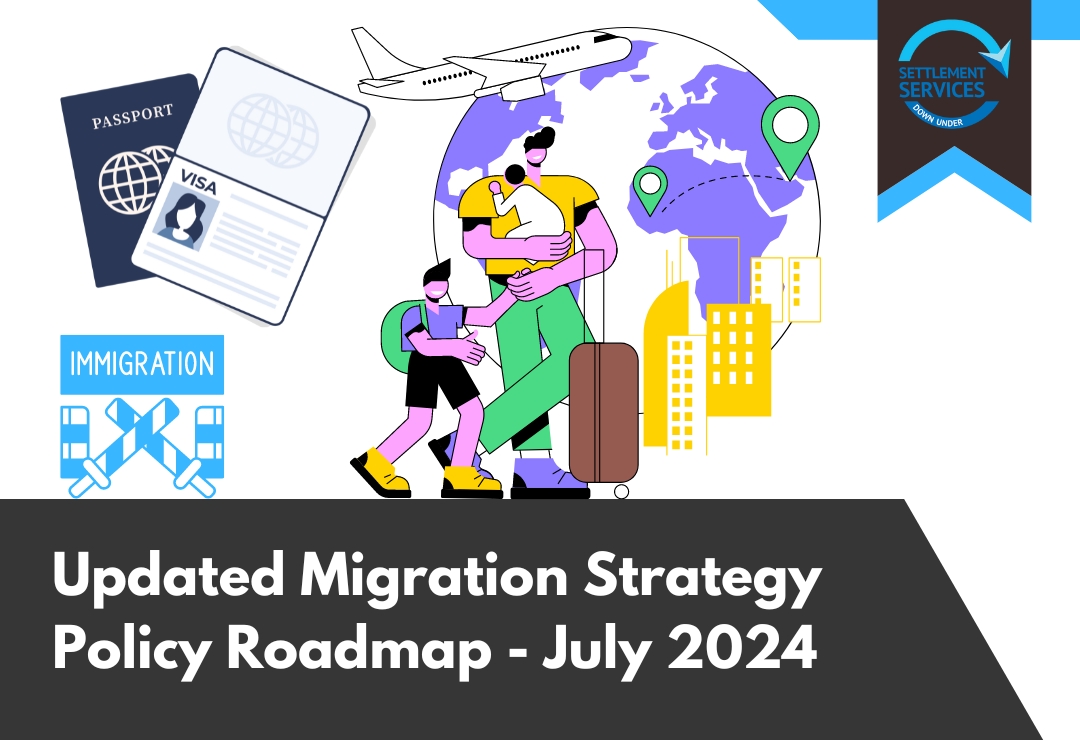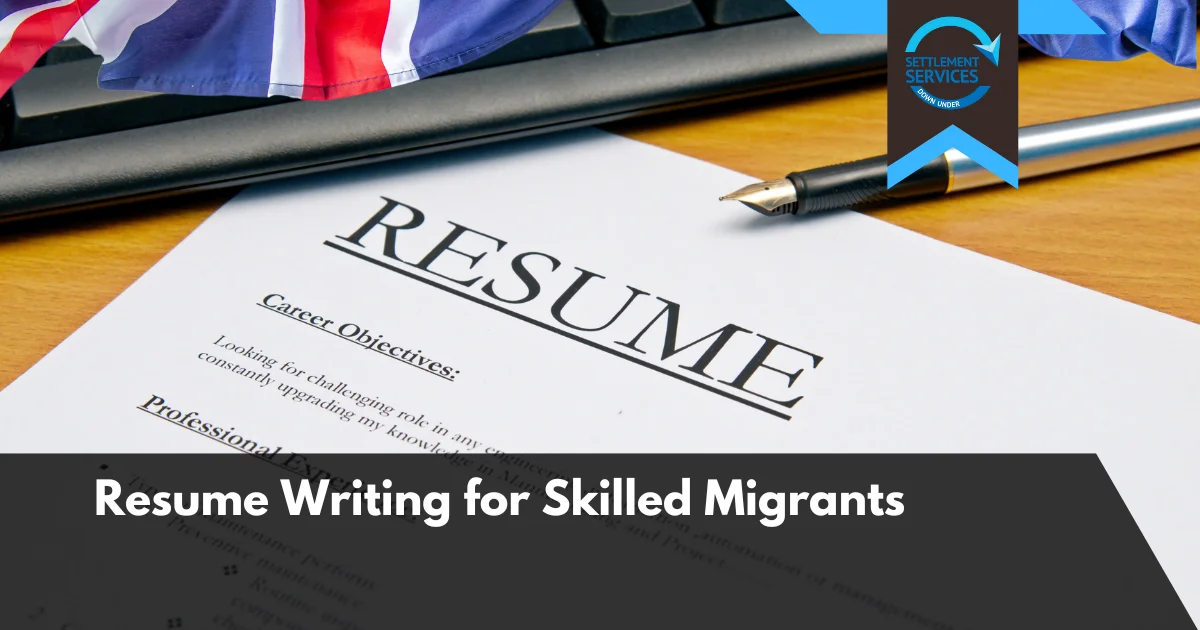Why Do We Need Reform?
The problems with the current system are briefly summarized in this article and are covered in more detail in the relevant roadmap actions.
Reform is required to guarantee that migration raises living standards for Australians. Migration policy must once again place an emphasis on skilled migration that is in line with labor market and economic demands. There are numerous immediate benefits to the economy from temporary skilled migrants who arrive in Australia.
They create the demand for goods and services that underpins economic growth, supply labor, and add necessary skills. Through their volunteer work in educational institutions, trade unions, religious organizations, migrant organizations, and sports groups, they help enhance community life. But the current system isn’t built to handle the problems facing our country.
The outdated and rigid lists of multiple occupations serve as the foundation for the decision-making process when it comes to the issuance of temporary skilled visas. They are a poor response tool for a dynamic global economy where demand for workers with skills that are highly competitive globally is being driven by technological progress in fields like robots and artificial intelligence.
Key Actions in the Migration Strategy
| Action | Description | Existing Commitments | New Commitments | Future Reforms |
|---|---|---|---|---|
| Targeting Temporary Skilled Migration | Aims to address skill shortages and promote worker mobility | Raise TSMIT from $53,900 to $70,000; Provide pathways to permanent residency | Develop a new Skills in Demand visa; Create Specialist and Core Skills Pathways | Regulate migration for lower-paid workers |
| Reshaping Permanent Skilled Migration | Focus on long-term economic prosperity | Explore a reformed points test | Develop a Talent and Innovation visa | N/A |
| Strengthening International Education | Improve integrity and quality of education | Introduced measures to support genuine students | Increase English language requirements; Scrutinize visa applications | Support international students and graduates |
| Tackling Worker Exploitation | Combat worker exploitation and restore integrity | New legislation and penalties; Protect migrant workers | Develop a public register of approved sponsors | Strengthen sponsor application integrity |
| Migration Planning | Ensure migration meets skills needs | State and territory collaboration on population data | Plan migration over a longer horizon | Improve skills recognition and assessment |
| Regional Visas and Working Holiday Makers | Support regional labor needs and reduce exploitation | Increase skilled migration to regional areas | Designate regional visas as top priority | Review regional migration settings |
| Deepening Indo-Pacific Ties | Foster connections with neighboring countries | Pathway to citizenship for New Zealanders | Special visa arrangements for Tuvalu; Strengthen ties with Southeast Asia | N/A |
| Simplifying the Migration System | Make the system more user-friendly | Reduce visa backlog | Abolish unnecessary visas | Embed simplification in future reforms |
The 8 key actions in the Migration Strategy.
1. Targeting Temporary Skilled Migration
Temporary skilled migration addresses skills shortages and promotes worker mobility. The proposed reforms focus on creating Skills in Demand and Specialist Skills pathways.
Key Reforms:
- TSMIT Increase: The Temporary Skilled Migration Income Threshold (TSMIT) will be raised from $53,900 to $70,000.
- Pathways to Permanent Residency: Temporary skilled workers will have clearer paths to permanent residency.
2. Reshaping Permanent Skilled Migration
Permanent skilled migration will be reformed to better identify migrants who contribute to long-term economic growth. A reformed points test is being considered to prioritize skills needed for Australia’s future.
People also Read: Skilled Occupation List (SOL) in Australia
3. Strengthening International Education
To safeguard the quality of international education, reforms include:
- English Language Requirements: Increased to improve student outcomes and reduce workplace exploitation.
- Scrutiny of Visa Applications: A more focused review of applications from high-risk providers will help combat visa misuse.
4. Tackling Worker Exploitation
The government is introducing stronger measures to combat worker exploitation and restore integrity to the migration system.
Key Measures:
- Legislation and Penalties: New laws and penalties will target employers who exploit migrant workers.
- Protections for Workers: Migrants facing exploitation will have additional protections against visa cancellation.
5. Planning Migration to Meet Skills Needs
A data-driven, long-term approach to migration planning will be implemented. This will involve close collaboration with states and territories to better align migration with labor market needs.
People also Read: Requirements and Checklist for Moving to Australia
6. Tailoring Regional Visas and Working Holiday Maker Program
To support regional labor needs, migration settings will be reviewed. Regional visas will be given the highest processing priority to address labor shortages in these areas.
People also Read:
Victoria School Holidays 2024: Complete Guide
New South Wales School Holidays 2024
Australia 2024 – 25 Public Holidays & School Terms
7. Deepening Indo-Pacific Ties
New policies are strengthening relationships within the Indo-Pacific region, such as:
- Direct Pathway to Citizenship: New Zealanders now have a streamlined path to Australian citizenship.
- Pacific Engagement Visa: A new visa will encourage more mobility from the Pacific Islands.
8. Simplifying the Migration System
Systemic changes will simplify visa processes, reduce the number of visa categories, and improve the overall experience for both migrants and employers.
The Migration Strategy’s reforms aim to align Australia’s migration system with the country’s long-term economic and labor market needs. From targeting skilled migration to combating exploitation, these changes will ensure that migration benefits both Australia and those who seek to live and work here.







